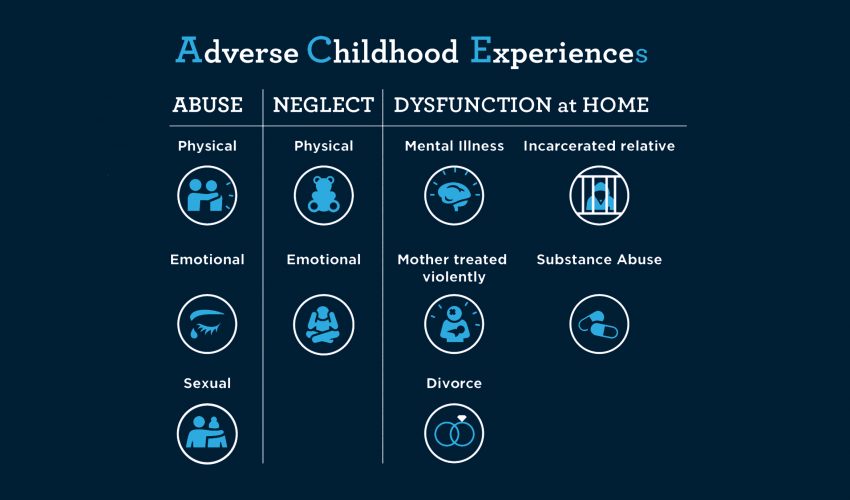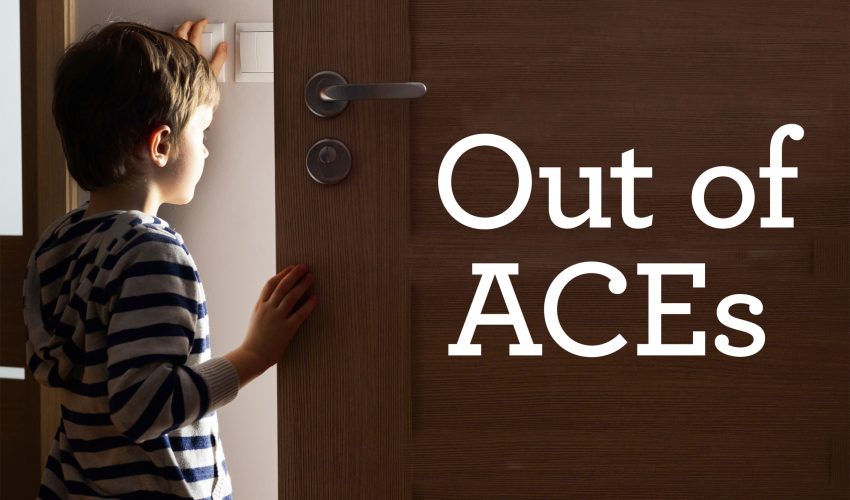One in seven.
If those were your odds of winning the lottery, you wouldn’t count yourself out.
Now apply those odds to the likelihood a girl will be sexually abused before her 18th birthday. Suddenly, the odds are terrifying.
In Tennessee, the Children’s Advocacy Center of Hamilton County (CACHC) faces facts like that every day.
While fewer boys (one in 25) will be sexually abused than girls, both statistics are indicative of a cycle of abuse and neglect that affects more than 65,000 children in Tennessee each year — and that’s just the cases that are reported.
“We treat sexual abuse most, but about half of the kids we see have something else going on, too,” says Stacy Cook, director of intervention services for CACHC.
“Domestic violence, parents using drugs, neglect, mental health issues — we see everything, so we have to be able to treat everything. No matter what’s wrong, we want to put them at ease and figure out how to help.”

Click here to learn about how adverse childhood experiences like sexual abuse can affect health later in life.
The five core services offered by CACHC are:
- Forensic interviews
- Medical exams
- Family advocacy (for non-offending caregiver)
- Counseling
- Prevention education (survivor and community)
“The last thing you need is to have to go 10 different places to get the help you need,” Cook says. “Here, parents can talk to family advocates while a child undergoes an exam, so it is truly a one-stop shop during what would otherwise be a terrifying time.”
Taking the time
The CACHC is warm and welcoming, and families can spend as long as they need with counselors to feel safe.
A little time and attention, Cook says, can make all the difference.
“Recently, we had a little girl I was sure wouldn’t open up. She was hunched over, arms crossed, barely speaking above a whisper,” Cook remembers.
“Kids tell in their own time, and she was clearly not ready to tell. But I started asking her about her life — school, family, friends — knocking on every door to see if she’d open one for me. Slowly she did.
“After hours of talking, she told me everything her stepdad had done. The details were horrifying, but I knew they would also make an arrest imminent.
“When it was over, she was like a new kid.”
“She brushed the hair out of her face, thanked me, and as she walked out the door she said: ‘I feel lighter.’”

Click here to learn how Tennessee is shifting the focus from intervention to prevention with regard to adverse childhood experiences.


